15 Foods You Should Never Freeze (And Why)
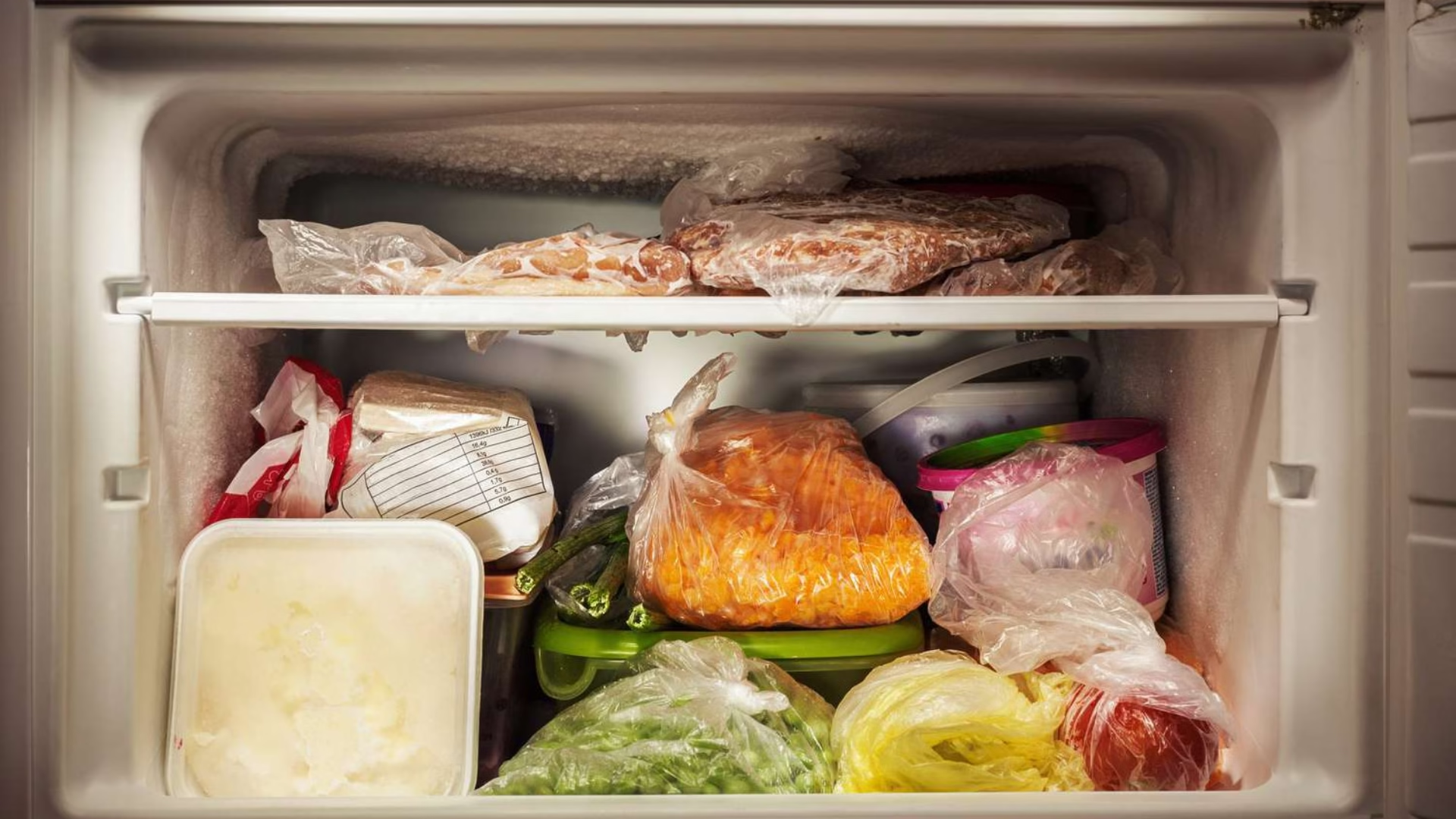
Freezing food is a great way to save time, reduce waste, and extend the shelf life of many items. However, not all foods are freezer-friendly. Some foods lose their texture, flavor, or even become inedible when frozen and thawed. Here are 15 foods you should avoid freezing, along with tips on how to store them properly.
1. Milk and Cream-Based Sauces
Freezing milk or cream-based sauces foods can lead to a grainy, watery texture after thawing. These items tend to separate, which makes them unappetizing. Instead, consider making fresh sauces when needed.
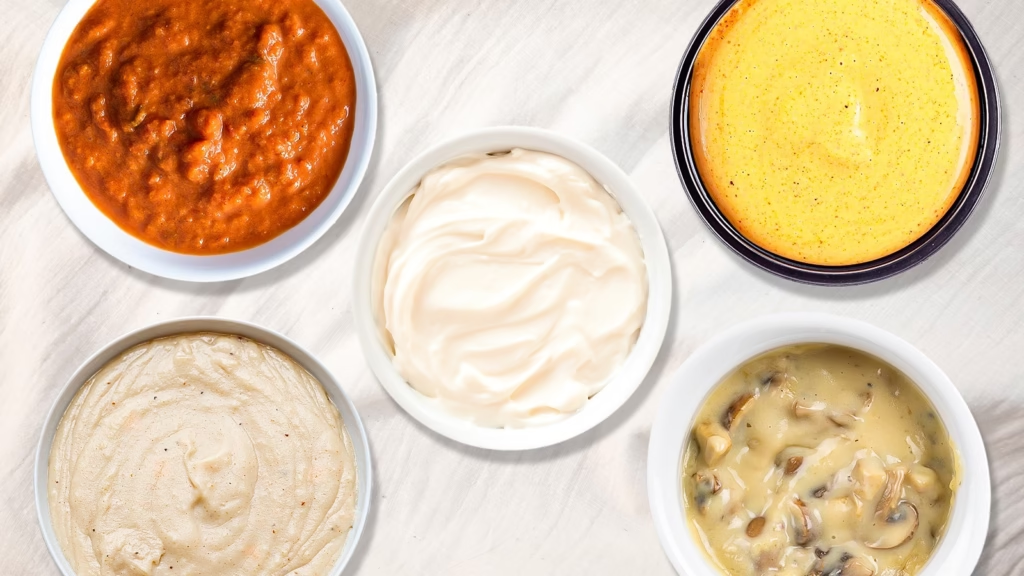
Credits: tasting tables
2. Leafy Greens for Fresh Salads
Leafy greens like lettuce, spinach, and kale don’t freeze well due to their high water content. They become limp and mushy once thawed. If you want to preserve them for cooking, freeze them for soups or smoothies instead.
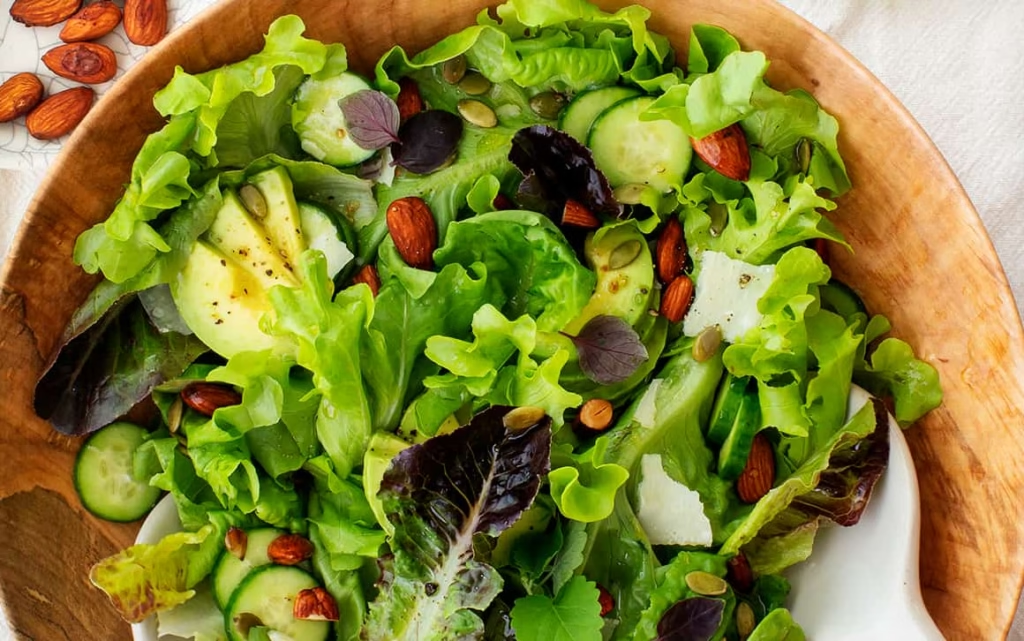
Credits: Love and Lemons
3. Cooked Pasta
While it may seem convenient, freezing cooked pasta often results in a mushy texture when reheated. To avoid this, freeze the pasta sauce separately and cook fresh pasta when needed. If you must freeze the pasta, cook it al dente and toss it with a little oil before storing.
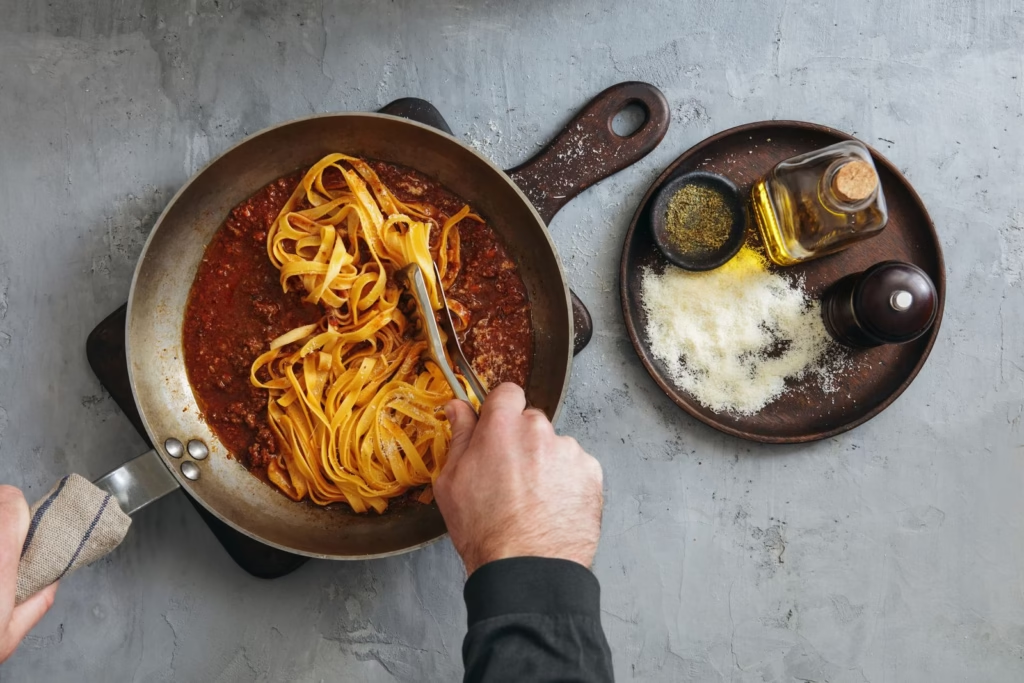
4. Raw Potatoes
Raw potatoes are another food that doesn’t handle freezing well. Their high water content makes them mushy and grainy once thawed. Store raw potatoes in a cool, dry place away from sunlight for the best shelf life. However, cooked potatoes can be frozen without any issues.
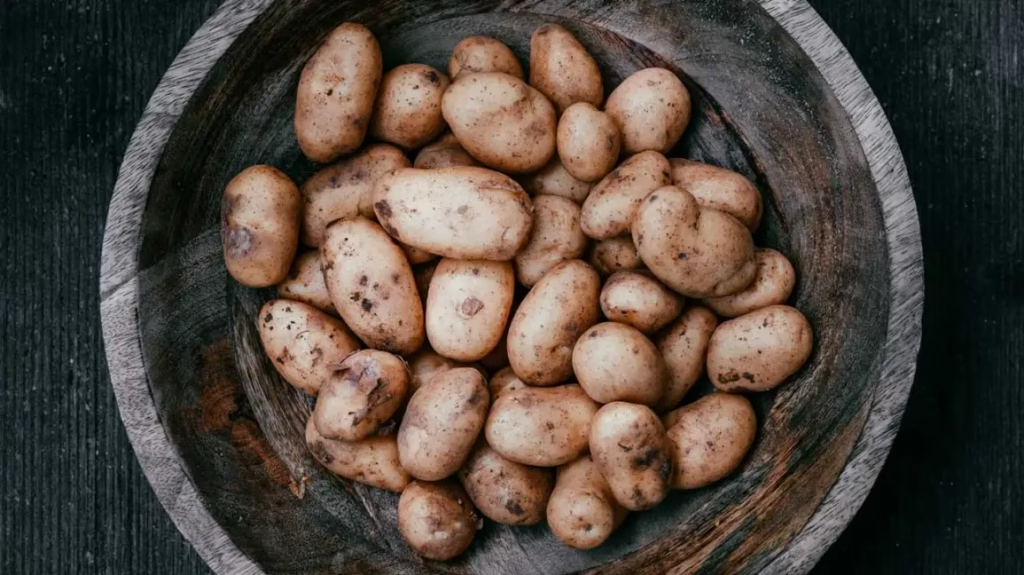
Credits: Healthline
5. Whole Eggs
Freezing whole eggs in their shells can cause them to crack due to the expansion of the liquid inside. If you need to freeze eggs, crack and whisk them, then store them in an airtight container or ice cube tray for individual portions.

6. Fried Foods
Fried foods lose their crispy texture when frozen and reheated, becoming soft and soggy. If you have leftover fried foods, it’s better to store them in the fridge and reheat them in an oven or air fryer to restore some crispiness.
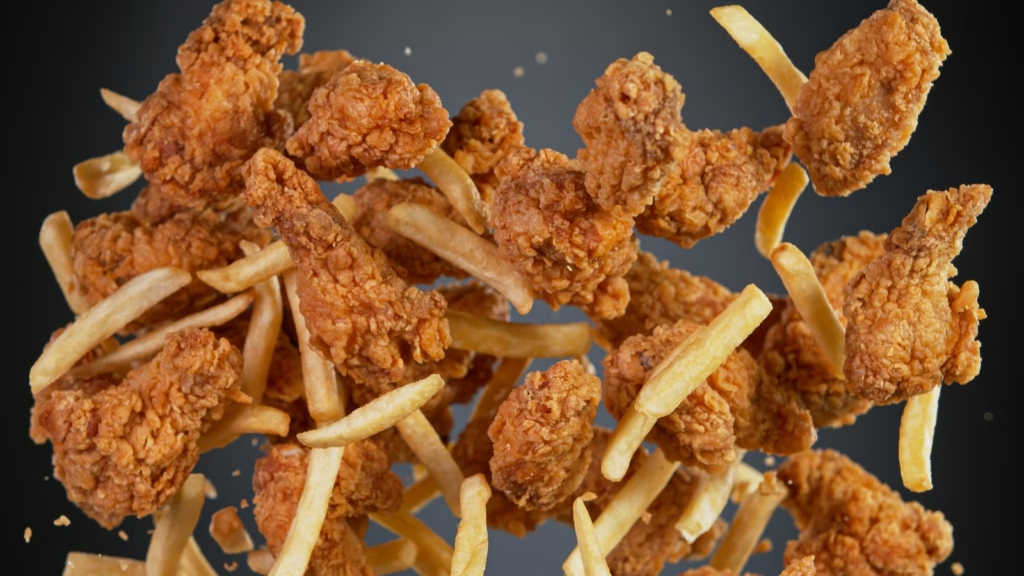
7. Soft Cheeses
Soft cheeses like cream cheese, ricotta, and goat cheese don’t freeze well. They tend to separate or become grainy after thawing. However, hard cheeses like cheddar and parmesan freeze better and can be grated and stored for later use.
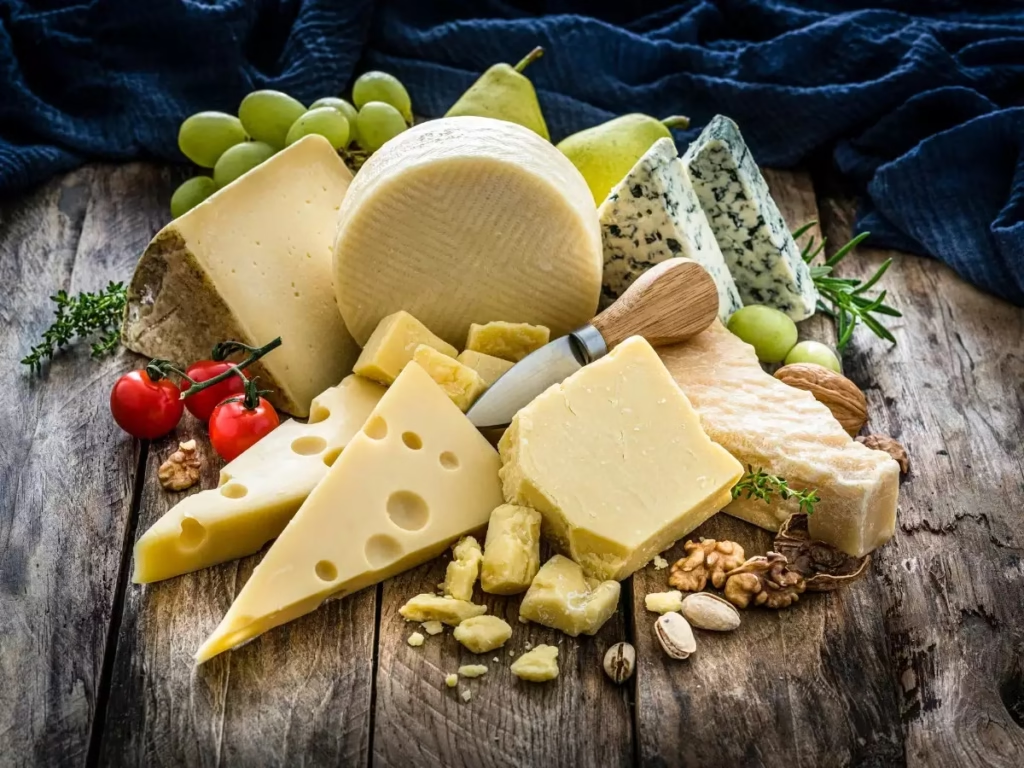
8. Mayonnaise-Based Salads
Salads made with mayonnaise, such as chicken or egg salad, don’t freeze well. The mayo separates during the thawing process, resulting in a watery, unappetizing texture. Instead, freeze the cooked proteins separately and mix in the mayo when you’re ready to serve.
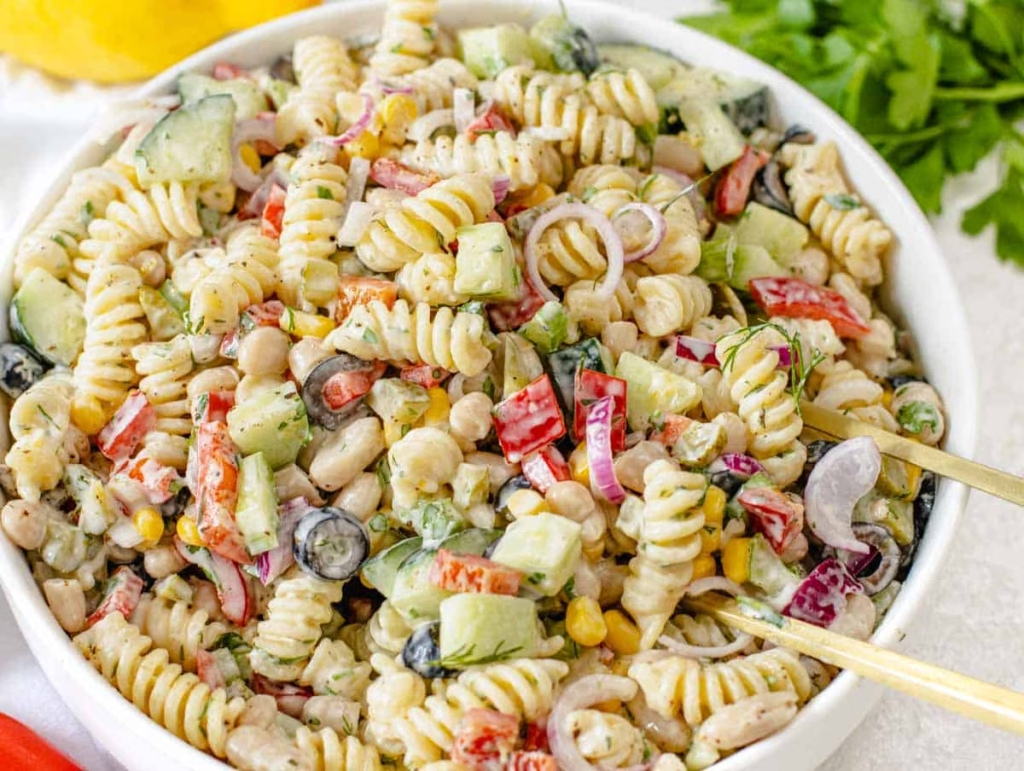
9. Fresh Herbs
Herbs like basil, cilantro, and parsley lose their flavor and texture when frozen on their own. To preserve them, chop the herbs and freeze them in ice cube trays with olive oil. These herb cubes can be added to soups and sauces later.
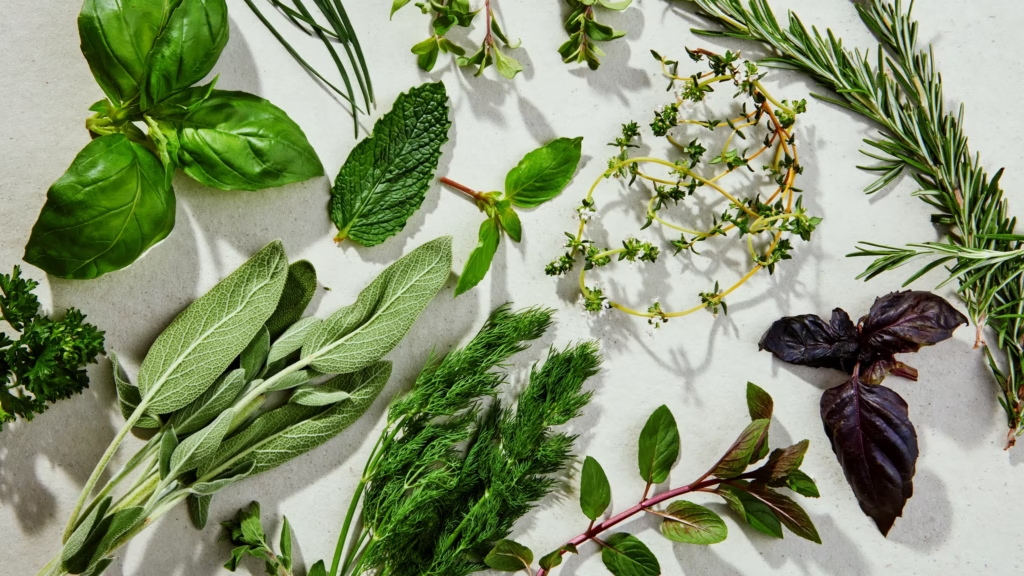
10. Cucumbers
Cucumbers have a high water content, which makes them mushy and slimy once frozen. It’s best to store cucumbers in the fridge for fresh salads and snacks.
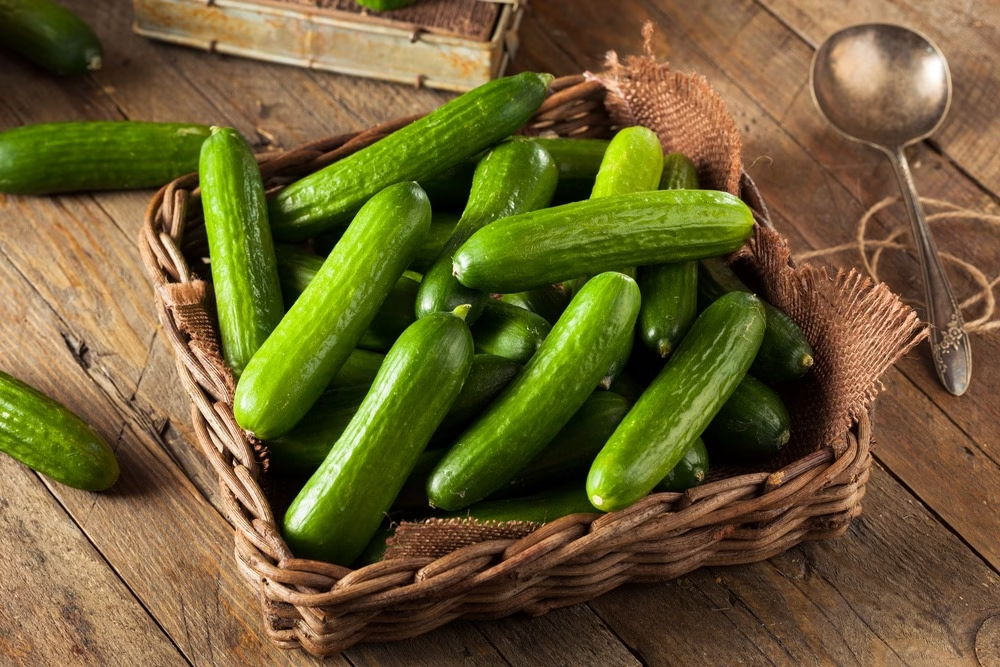
11. Yogurt
While frozen yogurt is a popular treat, freezing regular yogurt results in a watery, grainy texture. If you must freeze yogurt, use it in smoothies, but it’s not suitable for eating as-is after thawing.
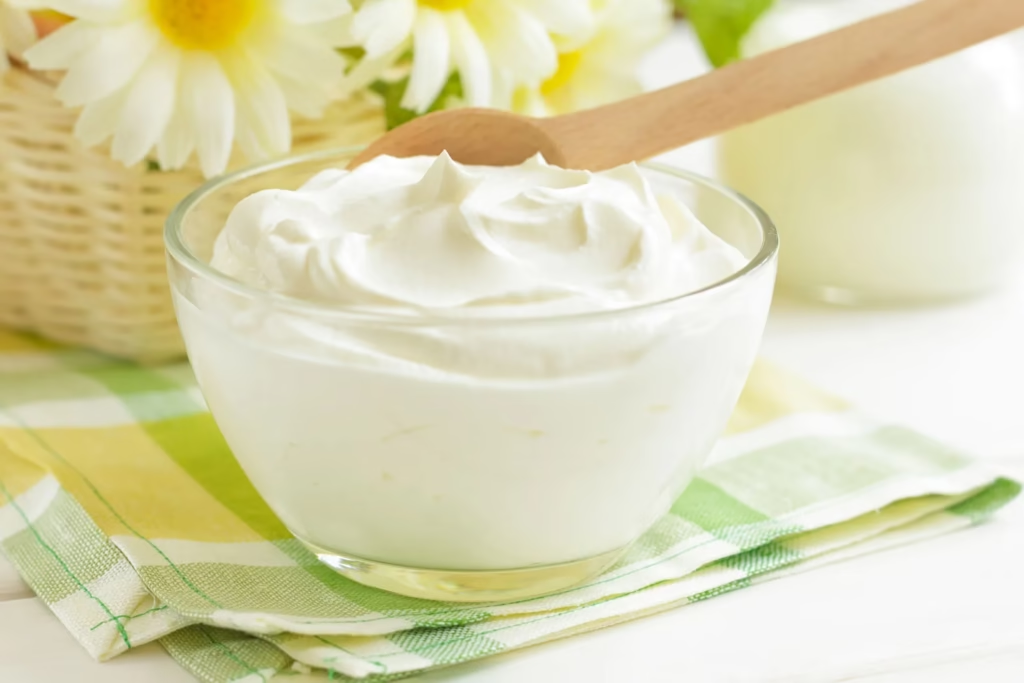
12. Whole Avocados
Whole avocados turn brown and mushy when thawed. To freeze avocados, slice or cube them, add some lemon or lime juice to prevent browning, and store in an airtight container.
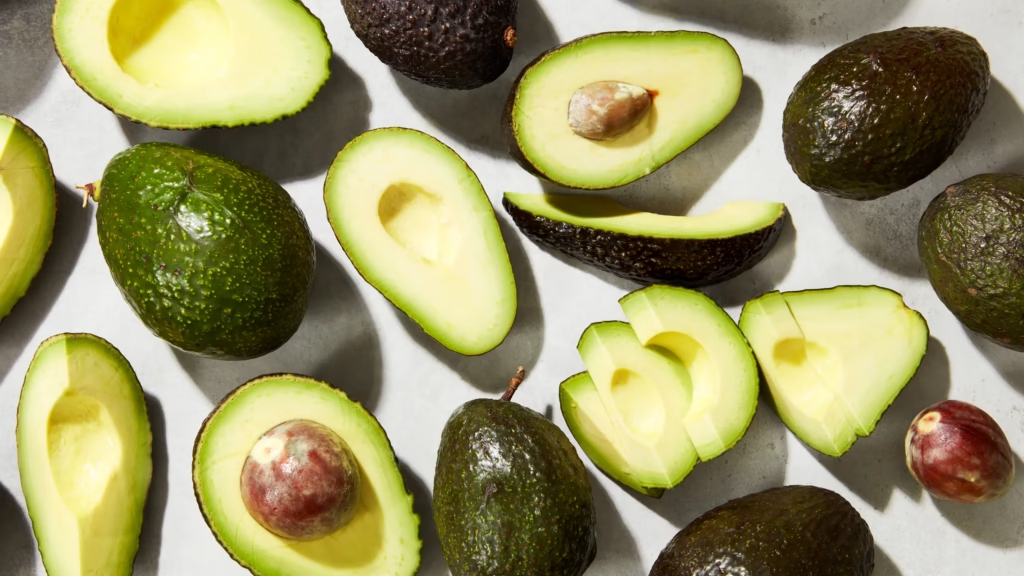
13. Tomatoes
Raw tomatoes become soft and watery once frozen, making them unsuitable for fresh dishes. However, you can freeze them for soups or sauces. Roasting them before freezing enhances their flavor.
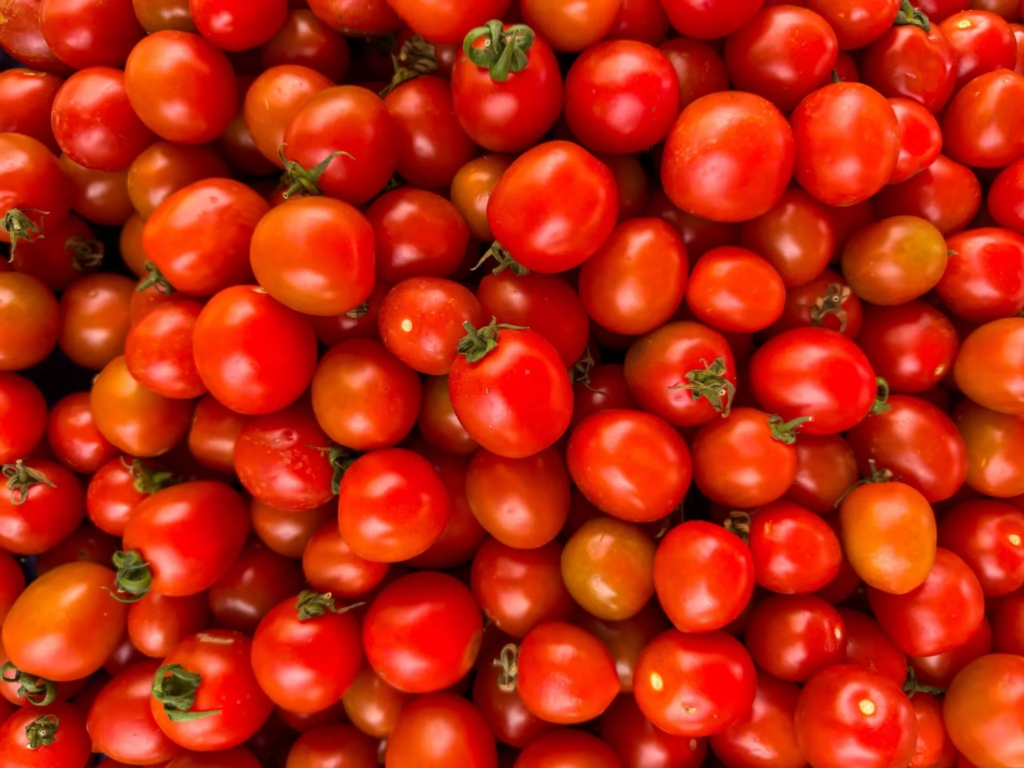
14. Coffee Beans
Freezing coffee beans compromises their flavor by affecting their natural oils. The beans can also absorb odors from the freezer. Store them in an airtight container in a cool, dark place to maintain their freshness for up to four to six weeks.
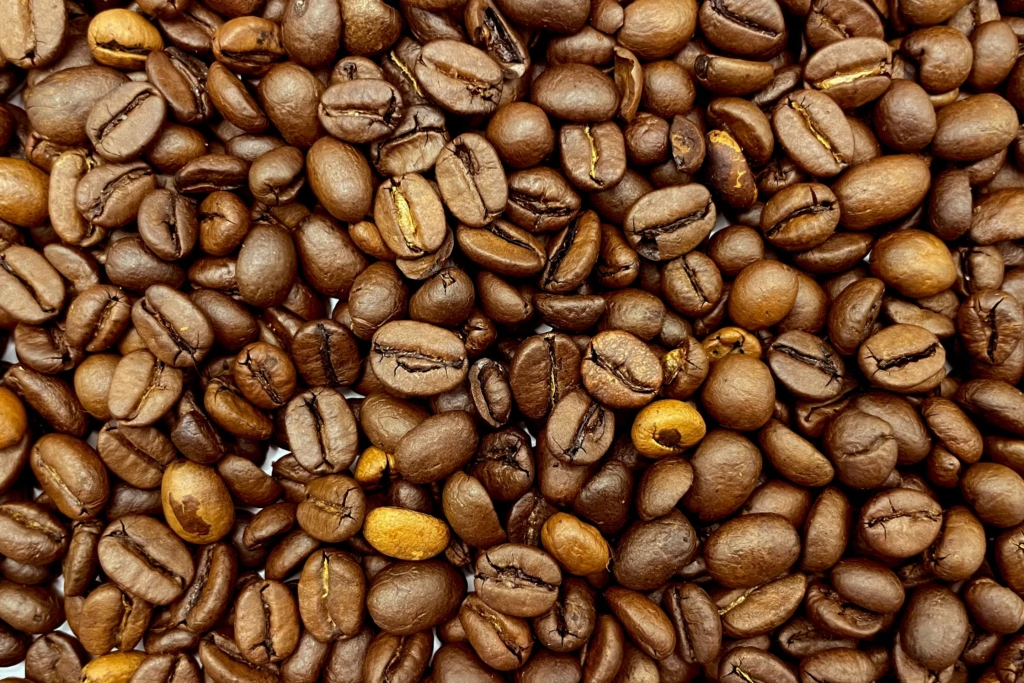
15. Water-Rich Fruits (Watermelon and Oranges)
Watermelon and citrus fruits, which have a high water content, become mushy and lose their texture when frozen. If you plan to use them in smoothies, it’s fine to freeze them, but avoid freezing them for snacking or fresh dishes.
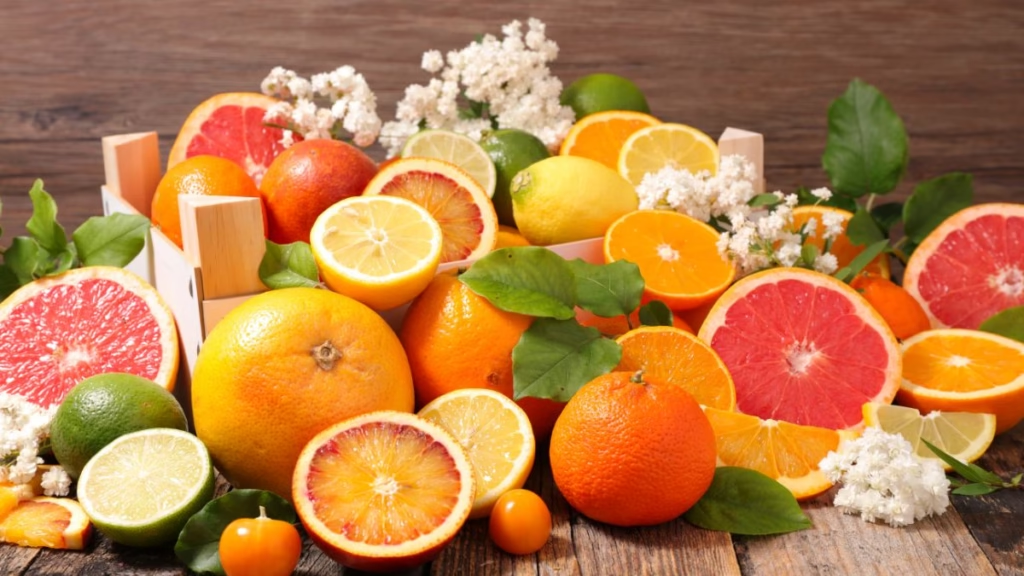
General Freezing Tips
When freezing food, always leave extra space in your airtight containers for expansion. Following these guidelines can help you maintain the quality of your food and avoid the disappointment of thawing foods that didn’t freeze well.






